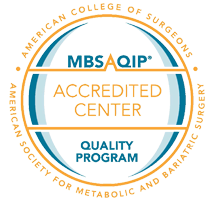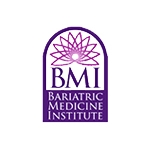Gastric bypass is both a restrictive and malabsorptive form of weight loss surgery that changes the speed and means of food digestion. As such, it comes with a special set of eating precautions and supplement rules that, if followed, can result in weight loss and a more healthy body composition. One of the key factors for weight loss success is ensuring that the limited amount of food eaten is nutrient-dense.
Foods high in sugar have more calories and less nutrition per calorie. Keeping even modest amounts of these foods in the diet after stomach bypass in Salt Lake City can significantly impede weight loss efforts. It may also result in a damaging series of symptoms collectively known as dumping syndrome.
What Causes Dumping Syndrome?
Gastric bypass involves two changes to the digestive system. Normally, food is kept in the stomach for a period of time, and gastric juices slowly break down nutrients and release them into the body. With gastric bypass, the stomach is resized by folding and stapling, and it is re-routed to go around part of the small intestine. This means that less food can be eaten at one time, and food is quickly passed from the stomach to the more permeable small intestine.
When sugar hits the blood stream in relatively large quantities, the body fights to maintain the blood sugar balance through the production of insulin. Dumping syndrome results in a number of symptoms related to this fight for homeostasis, including nausea, cold sweats, diarrhea, and abdominal cramps. The condition can worsen over time and pose a severe health risk.
Following the gastric bypass diet that your surgeon provides for you will help prevent dumping syndrome in the first few weeks. After this, it is important to maintain a diet high in proteins and nutrient-dense foods. Avoiding choices high in fat and sugar will lead to better results.


